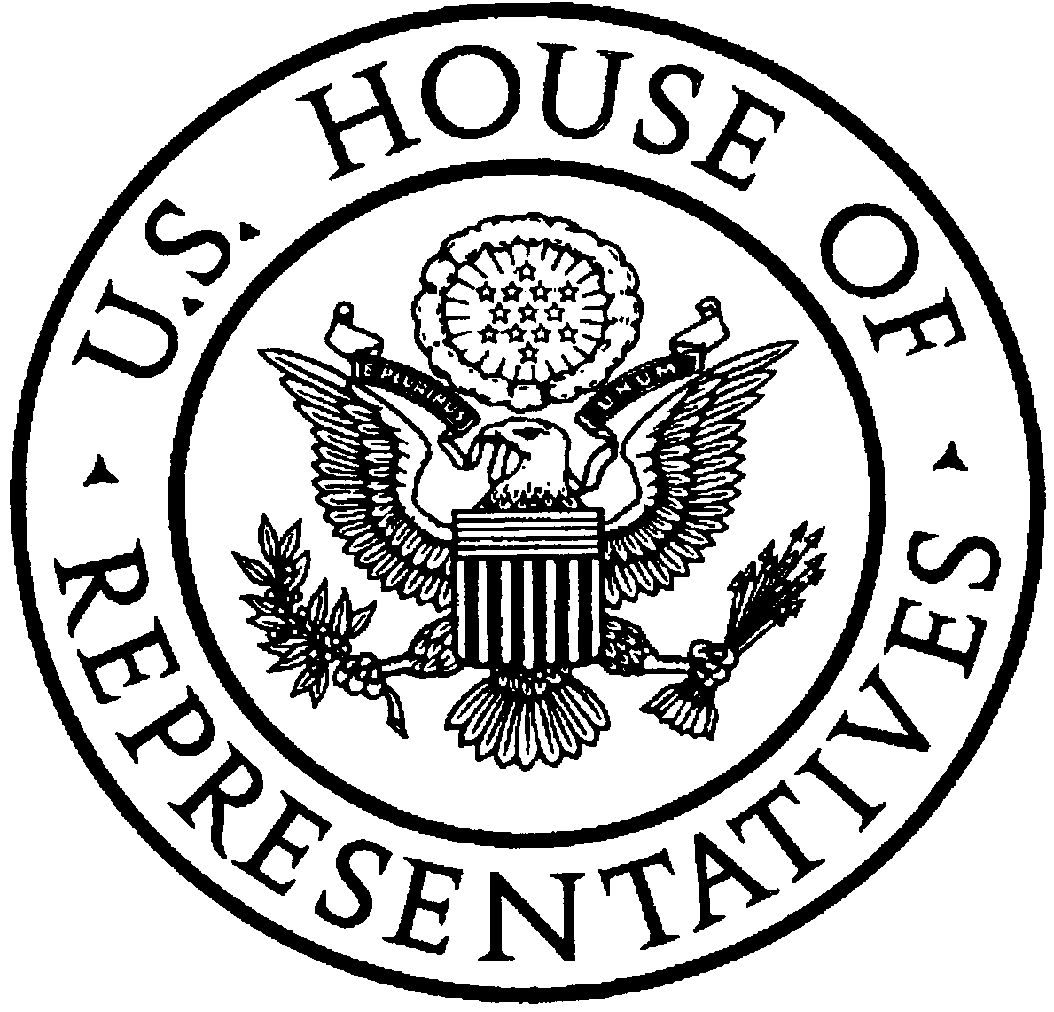 News From Congresswoman
News From CongresswomanNydia M. Velázquez
Representing New York's 12th Congressional District - Brooklyn, Manhattan, Queens
Ranking Democratic Member, House Small Business Committee
 News From Congresswoman
News From Congresswoman
Nydia M. Velázquez
Representing New York's 12th Congressional District -
Brooklyn, Manhattan, Queens
Ranking Democratic Member, House Small Business
Committee
For
Immediate Release
February 28, 2002
Contact: Wendy Belzer, James Snyder (202) 225-2361
Velázquez
Challenges Bush Welfare Fix
Provisions in plan hurt legal immigrants, working families
WASHINGTON - Congresswoman Nydia M. Velázquez (D-N.Y.) responded to Bush's welfare reform plan today by criticizing its provisions which would maintain the ban on assistance for immigrants, impose more stringent work requirements and freeze current funding levels for assistance and child care over the next five years.
"In January, I wrote a letter to President Bush praising him for the Administration's request to restore food stamp eligibility for legal immigrants," Velázquez said. "I was hopeful this would mark the beginning of what I believe is an essential part of welfare reform - repealing the provisions that ban legal immigrants from receiving benefits. But the recent unveiling of his plan shows just how far removed the Administration is from the plight of America's working families."
A central aspect of the Bush proposal includes continuing the exclusion of most legal residents in the 1996 welfare law. It would also require every state to have 70 percent of its welfare recipients working 40 hours a week - a significant increase from the current policy - under which 50 percent of recipients must work at least 30 hours a week.
The plan would allow states less flexibility in administering their welfare assistance and job training programs, forcing them to replace their current tailored strategy with a one-size-fits-all approach. It would keep funding for child care at the FY 2002 level for the next five years. This means that single parents who must work to maintain benefits might not find adequate - or safe - care for their children while they are away.
While the Bush plan freezes funding for welfare and child care, which will cause future shortfalls, it includes millions of dollars for programs designed to promote marriage, which may not help to break the familiar cycle of poverty in this nation.
"Now is not the time to take drastic measures that will hurt our nation's most needy families," Velázquez said. "The tragic events of September 11, the economic recession, and rising unemployment have left many families in New York City with nowhere to turn."
In December, thousands of families in New York met their five-year lifetime limit as enacted under the 1996 "tough love" Welfare Reform Act. In December, Congresswoman Velázquez introduced the TANF (Temporary Assistance for Needy Families) Recipients Lifeline Act, or H.R. 3459, which would repeal the five-year limit on federal welfare benefits and the provisions that deny legal immigrants benefits. In addition, it would require bilingual services at welfare centers across the country, and adjust the welfare block grants to keep pace with inflation.
Reauthorization of the Welfare Reform Act of 1996 must be accomplished by September 2003. The TANF Recipients Lifeline Act seeks to provide measures to help those families in New York that, as of December and into early 2002, are no longer eligible to receive benefits.
###